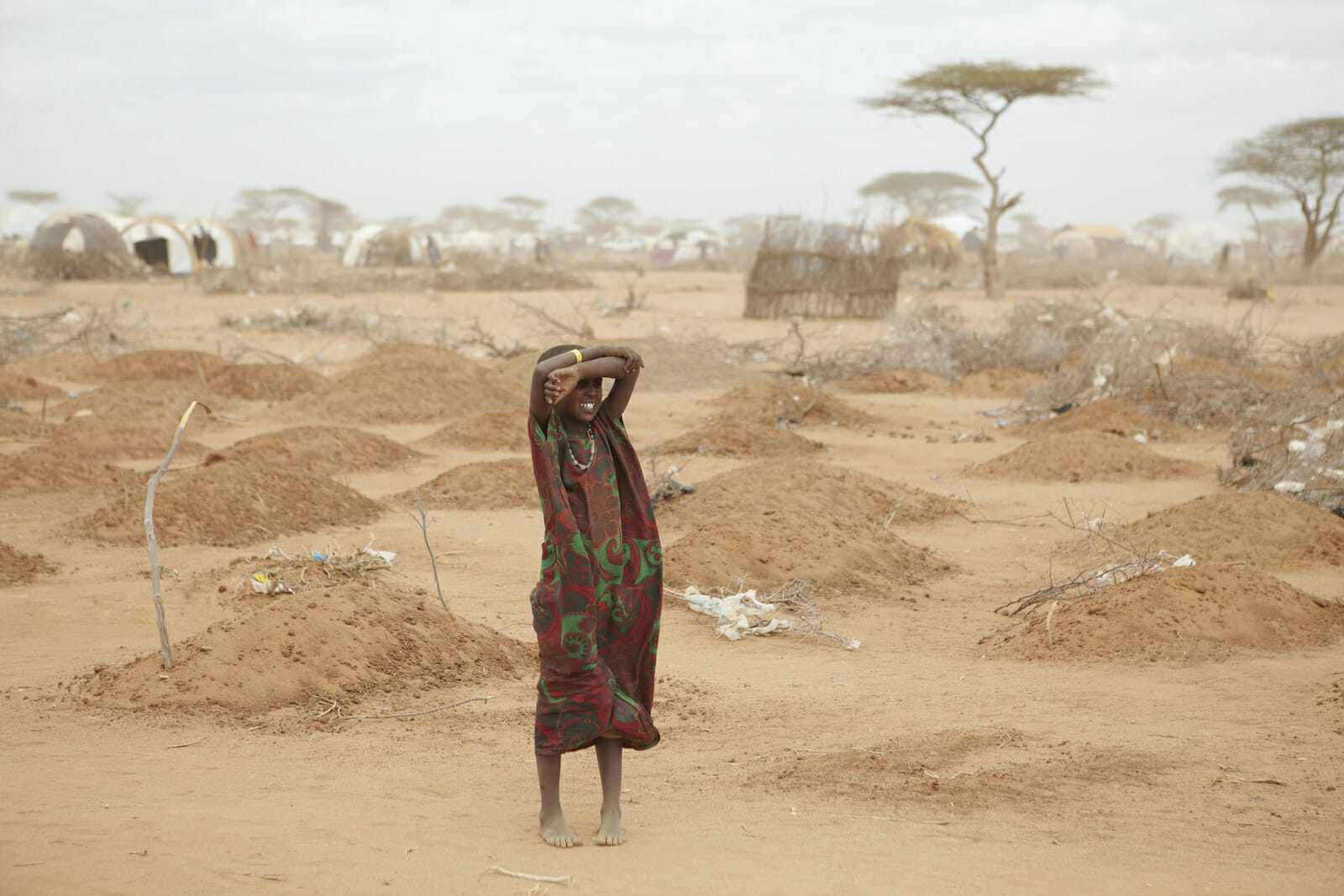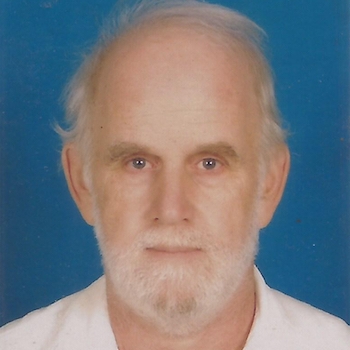
Finding a Way Forward
I thank The Nature Conservancy for their recent article, or should I say offer: “Five Chances to Change the World in 2020.” In the 1,200 word piece, The Nature Conservancy’s opinion team lays out five dangerous symptoms of the climate change/biodiversity crisis and proposes attitudes and actions to right the wrong. For a 1,200 word article, it does an impressive job of simplifying a horrifically complicated problem to a shortlist: The oceans are killing the fish; our food systems will soon crash; we are losing land species at an unsustainable rate; the climate is heating up as the weather affects us and society has not yet delegated enough resources to fix the problem.
At each catastrophic scenario, the good people at The Nature Conservancy point out that there is an answer and they are correct. Each of the five apocalyptic horsemen has a weakness that can bring it down. Those weaknesses can be defined, expressed and priced. But can we actually carry them out? Or are they tasks beyond our present capacity for consensus?
If you think of the profound ideas behind the creation of the United Nations and the international mechanisms to find consensus among nations, you can imagine the world coming together in a consensus to carry out such a global agenda. So, in principle, humanity has the tools to save itself and its world. The effort would certainly be costly but when the question is to act immediately, or to accept existential catastrophe, I am confident the resources would be found.
Our problem is closer to home and much more difficult to solve. Since World War Two and the creation of the international system, a much smaller group of nations have been leading the way in terms of growing their economies and establishing themselves as the most successful. These richer, more developed countries are the de-facto world leaders. It is true that they are the home of the force and energy that drive institutions like The Nature Conservancy, but they are also the home of hundreds of millions of people who think otherwise or don’t think about these issues at all. The greater part of them will vote for a status quo with some particular short-term advantage for them.
There are two key issues about the voter in today’s developed world “democracies.” The parties that are appealing to them are appealing to their particular advantage, not the planets, and the proposed agenda has been vetted by the hidden world of capital. Not everyone, but key countries in the affluent West are restricted in the direction they can go by the hidden hand of the powerful few. That influence is overwhelmingly short sited. They are pursuing their interests at the moment, not the planet’s, or even the next generation’s.
It may appear contradictory, but the present American presidential drama may turn out to be a hidden blessing. Take for example Mr. Trump’s joking reference to windmills. The actual situation is that fossil fuels are heating up the planet which in turn is changing the weather damaging human and animal activity, such as the recent Australian fires. Windmills are part of a solution that everyone can understand. Joking about their ridiculousness actually helps many people understand the issue and the fact their leadership is pointing them in the wrong directions.
The Nature Conservancy needs to publish stories that explain the solutions at hand in order to turn around the climate and biodiversity crises but we the people need to see through the clogging fog of our civilization’s relentless production of electronic echos. Everything is available and we just chose the one we prefer.
Two opposing world visions are slowly coming into focus: A future healthy earth maintained by our stewardship or a ball of misery with its beauty and abundance consumed by forces we released because we were too lazy or trusting to look up from the TV. As The Nature Conservancy explains correctly, we can do this. But it is not the nature of the action that is in question. It’s the nature of humans.

